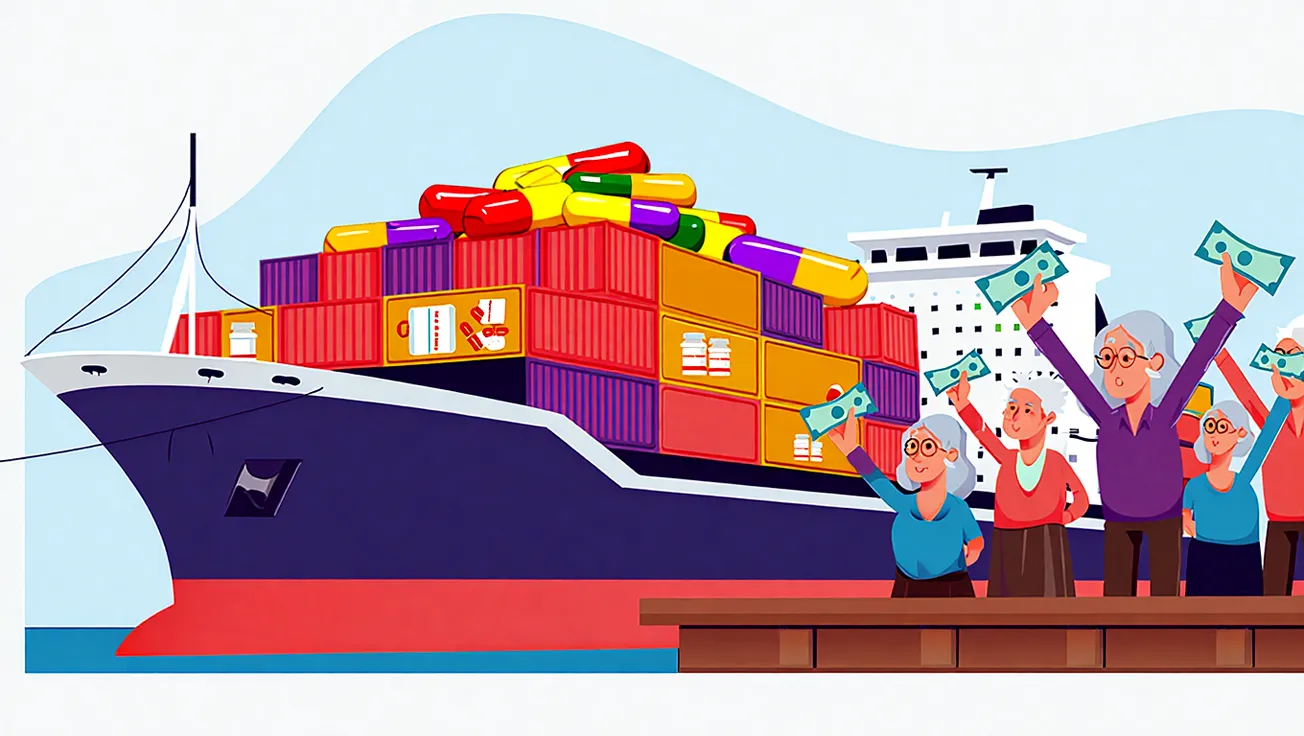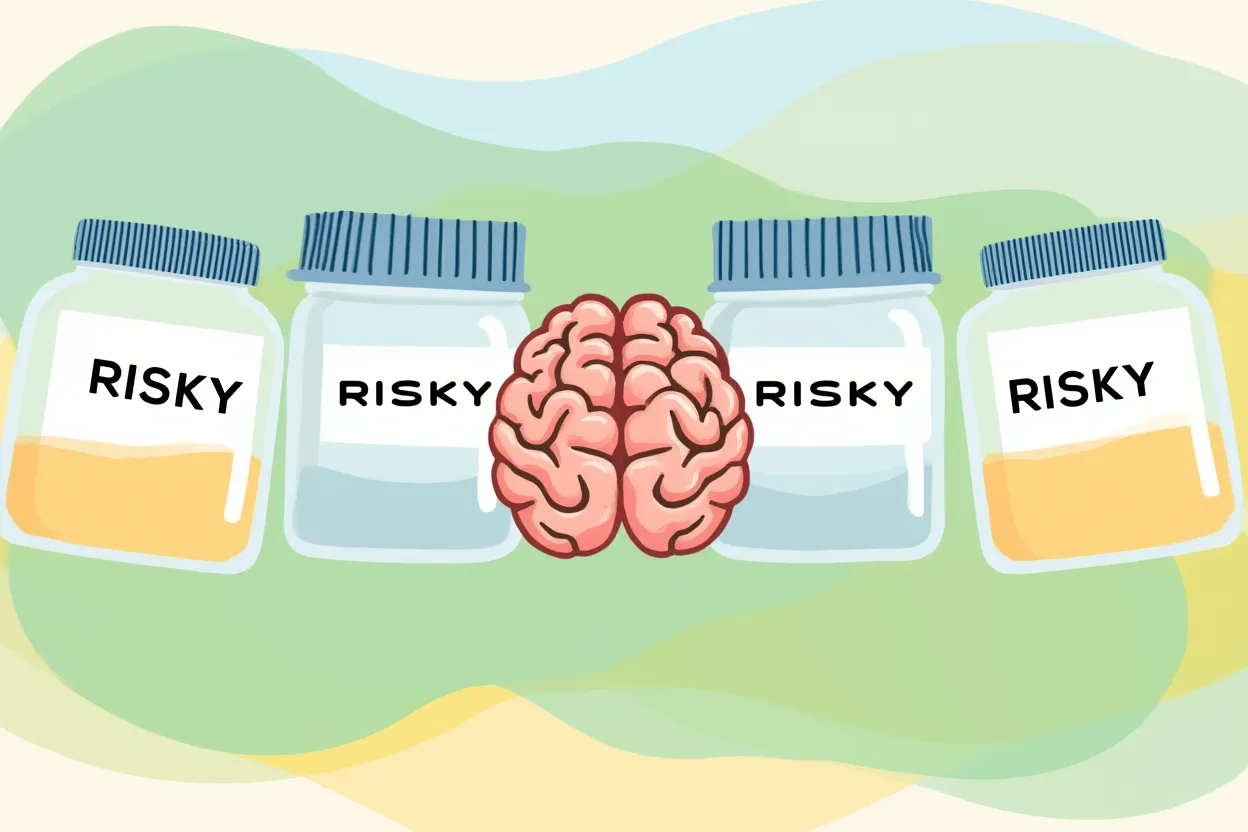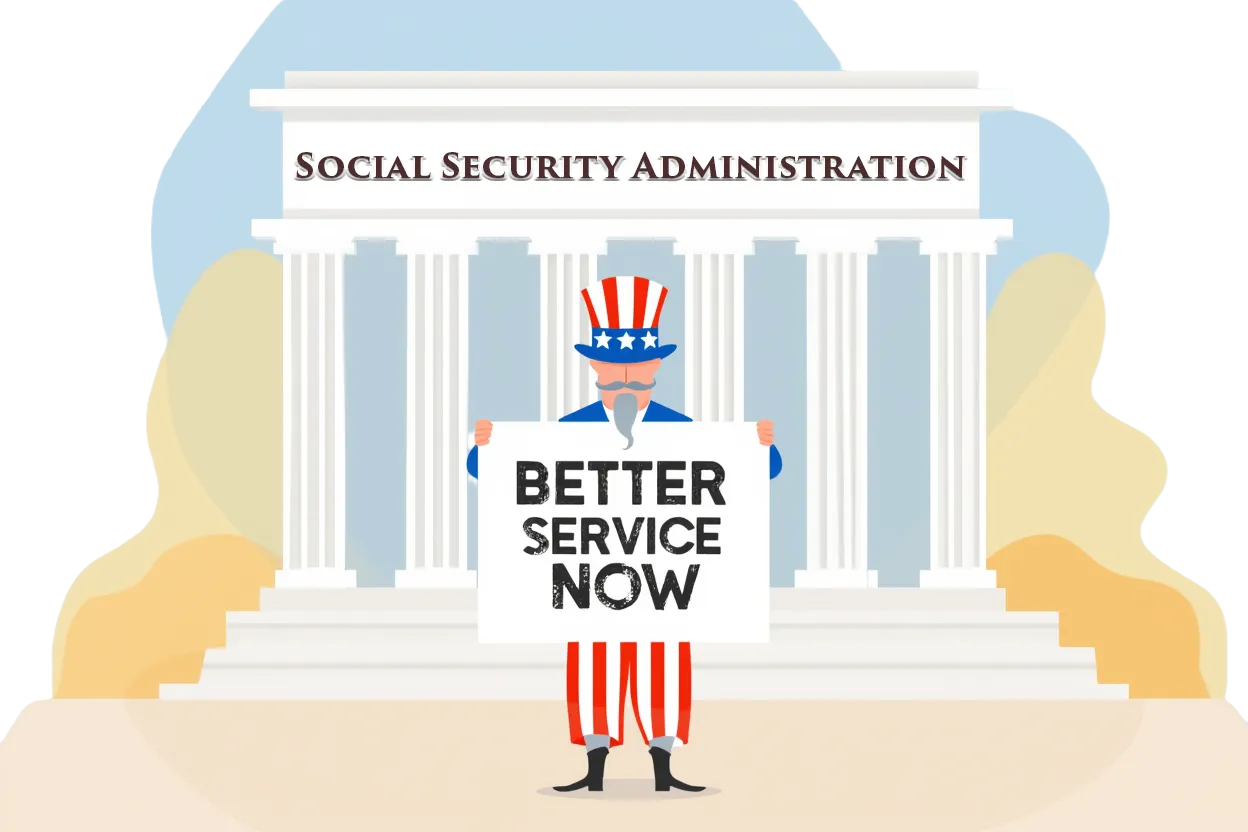There’s a lot going on with prescription drugs right now, and it’s happening all at once. On the surface, it’s a mixed bag of “good,” “maybe,” and “darn.”
- Good: A Pfizer deal promises European-level prices for Medicaid.
- Maybe: A new TrumpRx website could let you buy drugs direct from manufacturers at a discount.
- Darn: A 100% tariff on imported brand-name meds could drive up prices for seniors outside of Medicaid.
Smart Senior Daily has pulled it all together to try and make sense of it. Here goes…
First, the Tariff Hammer
Recently, the administration dropped a bombshell: 100% tariffs on imported brand-name drugs, unless they’re made in the U.S. or at plants under construction here (Politico).
Why it matters for seniors: Many of the most widely used drugs — Lipitor, Nexium, Humira, Ozempic — are made in Europe. Without exemptions, the cost of importing those medicines could double. Insurers or Medicare might absorb some of that, but shortages or higher co-pays are possible.
Then, the Pfizer Deal
Just days later, President Trump staged a White House event with Pfizer’s CEO Albert Bourla. The announcement: Pfizer will sell its drugs to Medicaid at European prices (New York Times).
- Applies to nearly all Pfizer drugs, including Eliquis (blood thinner), Ibrance (cancer), Xtandi (prostate cancer), and Paxlovid (COVID).
- Prices will be benchmarked against Canada, France, Germany, Italy, Japan, Britain, Switzerland, and Denmark.
- Medicaid patients won’t see much change at the pharmacy (their co-pays are already low), but state Medicaid programs could save billions.
Pfizer was promised a three-year tariff grace period because it’s building U.S. factories — another carrot-and-stick blend.
FYI: Tariff + Pfizer Deal Watch List
At Risk from 100% Tariffs
(branded drugs mostly made in Europe)
- Lipitor (cholesterol – Ireland)
- Crestor (cholesterol – Sweden/Puerto Rico)
- Nexium / Prilosec (acid reflux – Sweden)
- Ozempic (diabetes – Denmark/China API)
- Humira (arthritis – Germany/Singapore)
- Enbrel (arthritis – Ireland)
- Remicade (arthritis – Netherlands/Ireland)
Pfizer Medicaid Discount Drugs
(sold to Medicaid at European prices)
- Eliquis (blood thinner)
- Ibrance (breast cancer)
- Xtandi (prostate cancer)
- Paxlovid (COVID treatment)
(plus nearly all other Pfizer drugs, details TBD)
TrumpRx Direct-to-Consumer Sales
(discounts up to 85% on certain brands)
- Duavee (hot flashes/menopause)
- Eucrisa (eczema/skin conditions)
- Toviaz (overactive bladder)
- Similar programs announced for:
- AstraZeneca (lung & arthritis drugs)
- Novartis (respiratory, cardiovascular)
- Bristol Myers Squibb (Eliquis via direct sale)
👉 This gives seniors a clear “where do I fall?” checklist:
- If you’re on a Pfizer drug through Medicaid, you may benefit.
- If you’re on an imported European brand, tariffs could raise costs unless exemptions apply.
- If you pay out-of-pocket, keep an eye on TrumpRx and competitors for new discount options.
TrumpRx: Direct-to-Consumer Sales
The White House also announced a new site, TrumpRx, launching in 2026. The idea: let Americans buy directly from drugmakers, bypassing insurers and pharmacy benefit managers.
Pfizer says it will offer discounts of up to 85% on certain drugs like:
- Duavee (for hot flashes)
- Eucrisa (eczema)
- Toviaz (overactive bladder)
Other companies (AstraZeneca, Novartis, Boehringer Ingelheim, Bristol Myers Squibb) are setting up similar sites. But note: so far, the most expensive cancer and specialty drugs aren’t included.
The Global Benchmark Threat
Behind all this, the administration quietly floated a rulemaking notice: a “global benchmark for efficient drug pricing” (GLOBE model) (NYT).
Translation: the government could force drugmakers to match the lowest price paid in peer nations. That’s the industry’s nightmare. Expect lawsuits if it goes forward, but if enacted, it could finally tie U.S. prices to Europe’s.
What It Means for Seniors
- Medicaid seniors: You’ll see little change directly, but your state program may stretch its budget further.
- Medicare & private insurance seniors: No direct relief yet — and tariffs could make things pricier if exemptions don’t cover your drug.
- Out-of-pocket seniors: TrumpRx, GoodRx, and Mark Cuban’s Cost Plus Drugs are tools worth checking, though they mostly help with generics or mid-priced brands, not specialty blockbusters.
- Big picture: The push could reshape the entire drug pricing system — but it may take years, and the fight with industry lawyers will be fierce.
Bottom Line
Trump’s three-pronged play — tariffs, the Pfizer deal, and the global benchmark threat — is a high-stakes roll of the dice. Seniors could benefit if prices actually fall, but the short-term risk is confusion, uneven access, and possible sticker shock.
The safest move now? Know where your drugs are made, ask your pharmacist about generics or alternatives, and keep an eye on new discount channels. The rules of the game are shifting, and your wallet is on the line.
Disclaimer: This article is for informational purposes only and is not a substitute for professional medical advice. Always consult your doctor or pharmacist about your specific medications.










